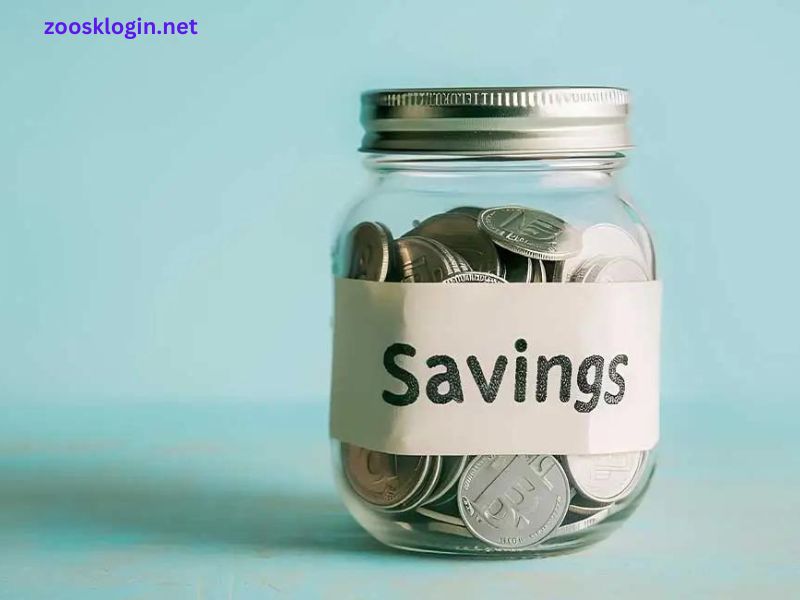Credit cards can be a powerful financial tool, offering convenience, rewards, and the ability to manage cash flow. However, it’s essential to navigate their usage wisely, as they also come with potential pitfalls. In this article, we will explore several reasons people often cite for using credit cards to finance purchases and identify which of these reasons may not be as positive as they seem.
The Allure of Credit Cards
Credit cards have become ubiquitous in modern consumer culture. They allow users to make purchases without immediate cash, access rewards programs, and build credit history. However, while there are valid reasons to use credit cards, not all motivations for financing purchases with them are positive or beneficial in the long term.
Common Positive Reasons for Using Credit Cards
Before delving into which reason might not be positive, it’s crucial to understand some commonly accepted benefits of using credit cards:
- Building Credit History: Responsible credit card use can help build a positive credit score, essential for securing loans and mortgages in the future.
- Rewards Programs: Many credit cards offer cashback, points, or miles for purchases, allowing consumers to earn benefits on their spending.
- Emergency Funding: Credit cards can provide a safety net during unexpected financial emergencies, allowing immediate access to funds.
- Purchase Protection: Credit cards often come with consumer protection benefits, such as fraud protection, extended warranties, and dispute resolution.
- Convenience: They offer an easy and fast way to make purchases, both in-store and online, without the need for cash or checks.
The Not-So-Positive Reason: Spending Beyond Means
While the benefits of credit cards can be compelling, one of the most common and potentially detrimental reasons for using credit cards to finance purchases is the tendency to spend beyond one’s means. This behavior can lead to significant financial issues and should be critically examined. Let’s explore why this reason is not positive.
Understanding the Spending Trap
- Psychological Effects: The psychological impact of credit cards can encourage overspending. Unlike cash transactions, which have a tangible feel and limit, swiping a credit card can create a sense of detachment from actual spending. This can lead individuals to purchase items they cannot afford, assuming they will manage the payments later.
- Debt Accumulation: Relying on credit to finance purchases can result in accumulating debt. When individuals spend beyond their means, they may find themselves in a cycle of borrowing to pay off previous debts, leading to high-interest charges and an increasing balance that becomes harder to manage.
- Interest Rates: Credit cards often carry high-interest rates. When consumers are unable to pay off their balance in full each month, the interest charges can compound, leading to significant financial strain. This can make everyday purchases much more expensive over time.
- Impact on Financial Stability: Relying on credit cards for purchases can undermine financial stability. When unexpected expenses arise, individuals who have maxed out their credit limits or accrued significant debt may struggle to cover these costs, resulting in stress and financial turmoil.
- Long-Term Financial Goals: Using credit cards to finance unnecessary purchases can distract individuals from their long-term financial goals, such as saving for retirement, buying a home, or establishing an emergency fund. Prioritizing short-term gratification over long-term financial health can have lasting consequences.
The Cycle of Overspending
The cycle of overspending often begins with a single impulsive purchase. Once a consumer has spent beyond their means, they may experience buyer’s remorse, leading to feelings of guilt or anxiety. This emotional response can trigger further overspending as a coping mechanism, perpetuating the cycle. The immediate gratification of purchasing an item can be alluring, but the long-term consequences can be damaging.
Strategies to Avoid the Spending Trap
To mitigate the risk of spending beyond one’s means, consumers can adopt several strategies:
- Set a Budget: Establishing a clear budget for monthly expenses can help limit unnecessary spending and ensure that credit card use aligns with financial goals.
- Use Cash for Discretionary Spending: Transitioning to cash for discretionary purchases can create a more tangible connection to spending and help prevent overspending.
- Track Spending: Regularly monitoring credit card statements and overall spending can help identify patterns and areas where adjustments are needed.
- Pay Off Balances: Committing to paying off credit card balances in full each month can help avoid interest charges and maintain financial health.
- Limit Credit Card Usage: Consider limiting the number of credit cards used or establishing a specific card for emergency purposes only to help control spending.
Conclusion
While credit cards can offer numerous advantages, relying on them to finance purchases without considering the potential drawbacks can lead to detrimental financial outcomes. The allure of spending beyond one’s means can create a cycle of debt that is challenging to escape. It is crucial to recognize that the convenience of credit cards should not overshadow the importance of responsible financial management.
When contemplating the reasons for using a credit card, it is vital to critically assess motivations. While building credit, earning rewards, and accessing emergency funds are positive reasons, spending beyond one’s means stands out as a cautionary tale that can lead to long-term financial distress.
In summary, while credit cards have their benefits, it is essential to approach their usage with caution and awareness. Understanding the distinction between positive and negative reasons for using credit can empower consumers to make informed financial decisions that promote stability and growth.






